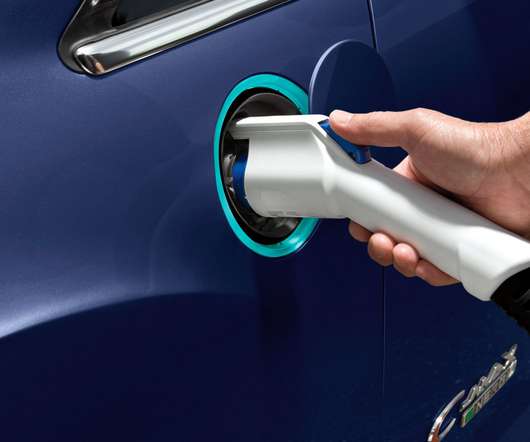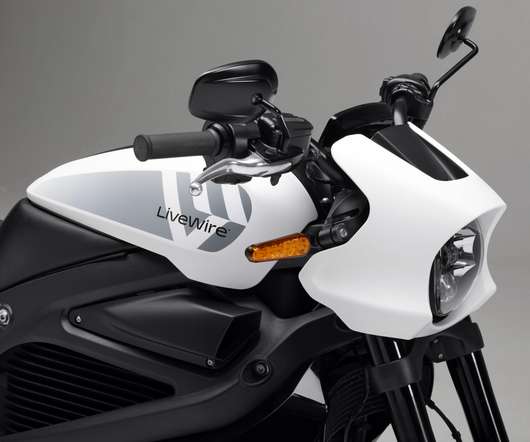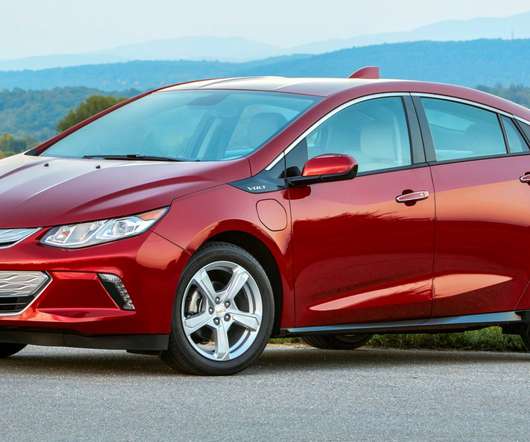Prius v first member of expanded family to go on sale in US; 58% more cargo space than original Prius, with 42 mpg combined
Green Car Congress
SEPTEMBER 19, 2011
Toyota expects Prius v to account for about 15% (incremental) of conventional Prius sales. The new Prius v ( earlier post )—the first of three coming members of the Prius family joining the original Prius in the US—will go on sale here at the end of next month. Under the hood of the Prius v.





















Let's personalize your content